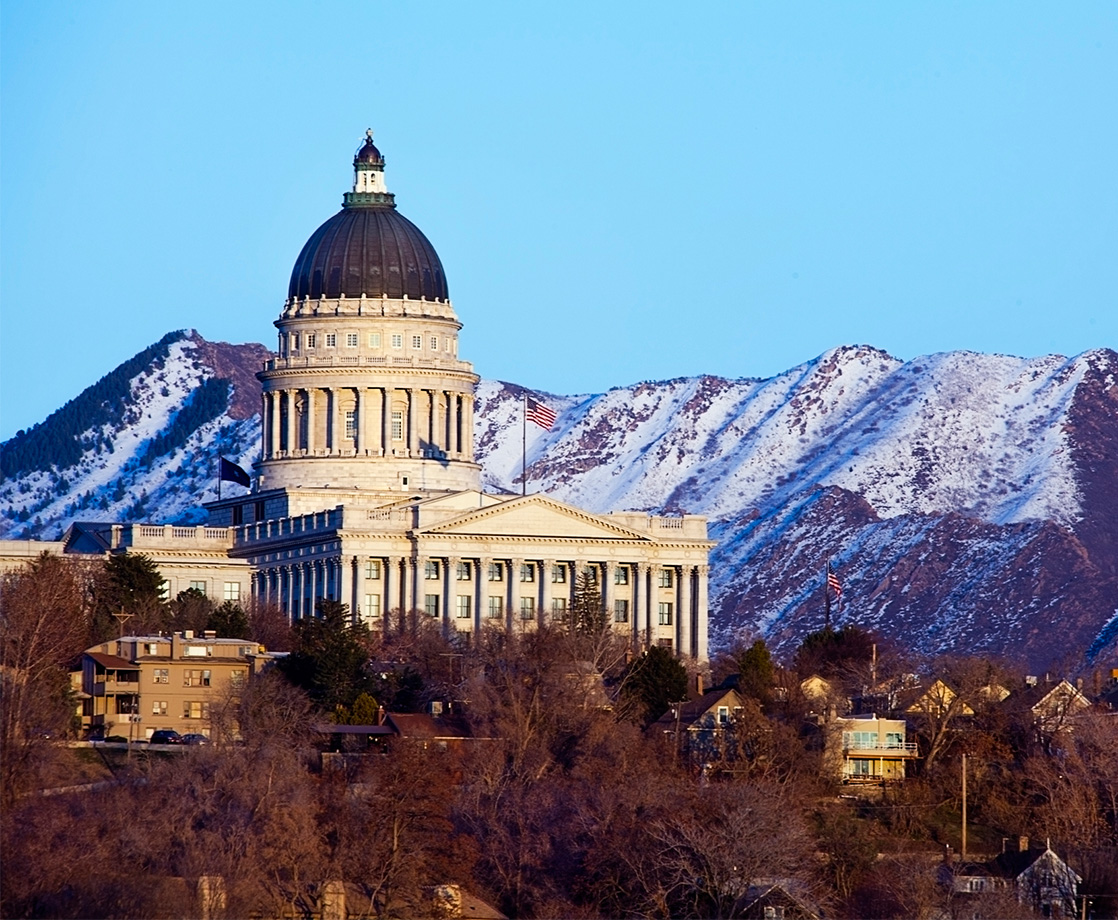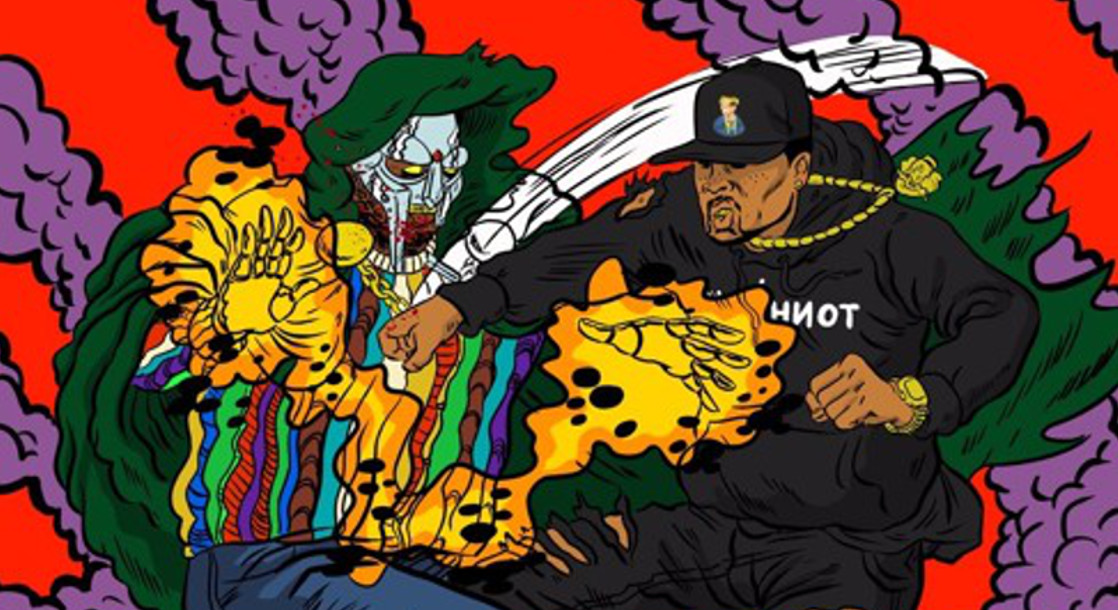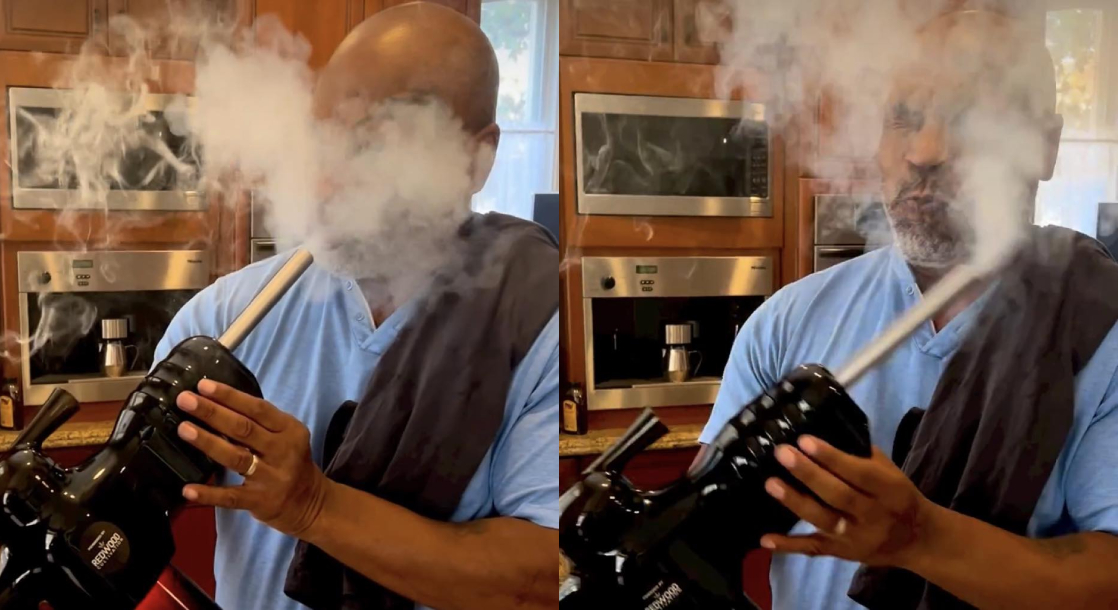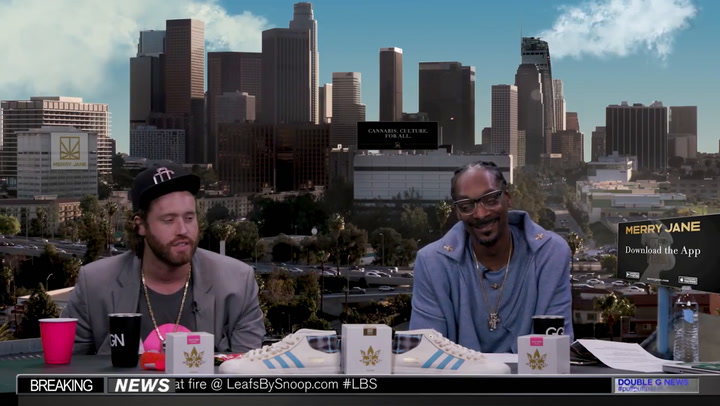In less than a month, Utah residents will vote on Proposition 2, a ballot initiative that would establish a limited medical marijuana program allowing doctors to recommend non-smokable forms of cannabis to treat a range of qualifying conditions. Beehive State government and church leaders have been fighting to discourage support for this measure, however, and are now putting their weight behind a new bill that would create an even more restrictive medical cannabis program.
At the direction of Governor Gary Herbert, Utah lawmakers have drafted a compromise bill that would create a medical marijuana program with enough restrictions to satisfy both conservative government officials and local church leaders. This bill is unique among other state-legal medical marijuana programs in that it would put the production and distribution of cannabis directly under the control of the state, a move that all other states have avoided out of fear of being busted by the federal government for distributing a controlled substance.
The bill would allow five privately-run medical marijuana dispensaries to open in the state, but most patients would receive their medicine from a centralized state pharmacy. Under this program, patients who qualify for the program would receive a recommendation for a specific dose and form of medical cannabis from their physician. The centralized pharmacy would then package this specific dose for the customer and ship it to a local health department for pickup within 24 hours.
Herbert said that he intends to call lawmakers to a special legislative session following the November midterm. If the ballot measure passes, legislators are expected to revise it to include the restrictions imposed under this proposed bill. If the ballot measure fails, lawmakers are expected to pass their new bill as is. Although the state Legislature would still have to vote to approve the measure, it is very likely to pass due to the strong support from the governor as well as the Church of Jesus Christ of Latter-Day Saints.
"I will do everything in my power to ensure this compromise passes in the special session," Utah Senate president Wayne Niederhauser said to the Associated Press. State Senator Evan Vickers acknowledged that the concept of state-distributed marijuana was “definitely a unique model,” but told the Salt Lake Tribune that the proposed program “could very well become the role model… for the rest of the country." Vickers added that he discussed the idea with unnamed federal law enforcement officials, and was confident that the feds will stay clear of the program if the bill passes.
Medical cannabis advocates are not so certain that the state-distribution program will succeed. Karen O'Keefe, state policies director for the Marijuana Policy Project, told the Tribune that other states have proposed similar models, but “usually we talk them out of it.” Despite her reservations over the state-run program's success, O'Keefe still supports the bill, as the five private dispensaries should still be able to supply patients' demand even if the state’s program fails. "It sounds like Utah is interested [in] and willing to stand up for their rights to determine their own marijuana policy," she said.
The new deal could shape up to be a mixed blessing for Utah patients if implemented. The pool of qualifying patients will be smaller than Proposition 2 would allow, and the amount of available cannabis products will also be restricted. On the other hand, the program has full support from the LDS church, as well as state legislators, and is hence likely to move ahead quickly. For this reason, many medical cannabis advocacy groups have grudgingly backed the compromise bill. “We don’t want to win the battle in November only to potentially lose the war,” Libertas Institute President Connor Boyack said to the Tribune. “More to the point, we don’t want there to be a war.”
Church and government leaders have lauded the new compromise plan. “Many, many people have worked tirelessly to craft a community solution to alleviate human pain and suffering, and we’re thrilled to be part of that conversation,” Elder Jack N. Gerard of the Seventy of the LDS Church said, according to the church’s Newsroom. “The proposed solution announced today is a byproduct of good faith, of willingness to work together by opponents and proponents of Proposition 2.” Gov. Herbert told reporters that whether the ballot measure “passes or fails, we’re going to arrive at the same point and conclusion.”
Not everyone is pleased with the consensus plan, however. Drug Safe Utah, a lobbying group supported by local government agencies, the Mormon church, and federal law enforcement, tried to discourage voters from supporting the ballot measure, and even sued the state to try to remove the initiative from the ballot. Currently, the group is still advocating against any form of medical marijuana legalization, but it no longer has the support of the LDS church or state officials. As such, Drug Safe Utah is unlikely to succeed in its efforts to keep medical cannabis out of the Beehive State.











